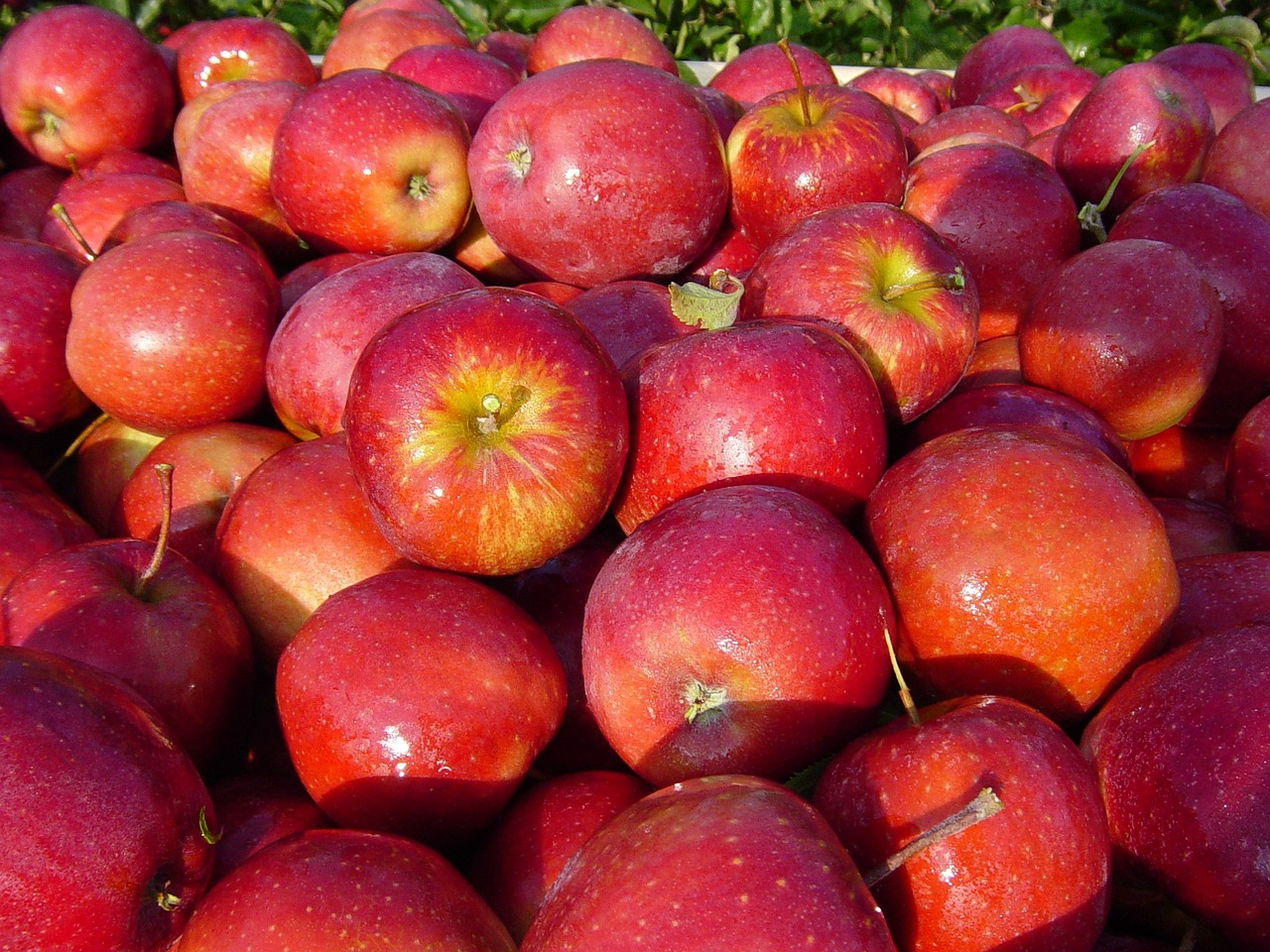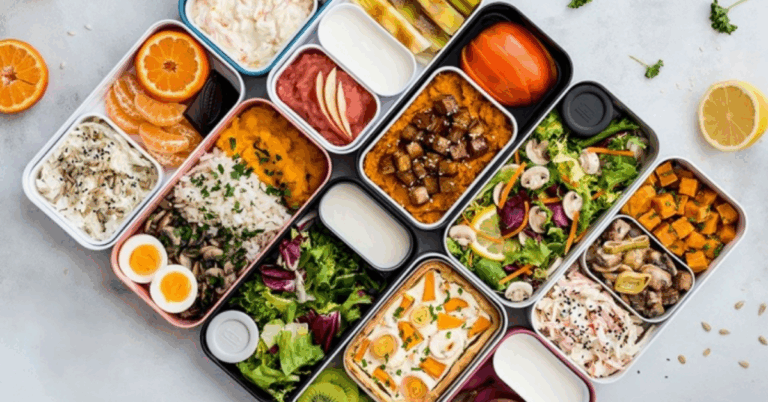Food Safety Standards in the Frozen Food Industry: 11xplay online id, India 24 bet login, Sky fair vip
11xplay online id, india 24 bet login, sky fair vip: Food safety standards play a crucial role in the frozen food industry to ensure that the products are safe for consumption. With consumer demand for convenience driving the growth of the frozen food market, it is imperative for companies to adhere to strict regulations and guidelines to maintain the highest level of safety and quality in their products.
In this article, we will explore the importance of food safety standards in the frozen food industry, key regulations that companies must follow, common challenges faced, and best practices to ensure the safety of frozen food products.
Why are Food Safety Standards Important in the Frozen Food Industry?
Food safety standards are essential in the frozen food industry to protect consumers from the risks of foodborne illnesses. Frozen food products are susceptible to contamination during processing, packaging, storage, and transportation, making it crucial for companies to implement stringent safety measures to prevent foodborne pathogens from causing harm.
By following food safety standards, companies can ensure that their products are safe for consumption, maintain the quality and integrity of the products, comply with regulatory requirements, and protect their brand reputation. Failure to adhere to food safety standards can result in product recalls, legal liabilities, financial losses, and damage to the company’s reputation.
Key Regulations in the Frozen Food Industry
The frozen food industry is subject to various regulations and guidelines to ensure the safety of products. Some of the key regulations that companies must follow include:
1. Food Safety Modernization Act (FSMA): The FSMA is a comprehensive legislation that aims to improve the safety of the US food supply chain. Companies in the frozen food industry must comply with the FSMA’s preventive controls for human food rule, sanitation requirements, hazard analysis and risk-based preventive controls, supplier verification program, and recall plan.
2. Good Manufacturing Practices (GMP): GMPs are guidelines that outline the minimum requirements for manufacturing, processing, packing, and holding of food products. Companies in the frozen food industry must follow GMPs to ensure the safety and quality of their products.
3. Hazard Analysis and Critical Control Points (HACCP): HACCP is a systematic approach to identify, evaluate, and control hazards throughout the food production process. Companies in the frozen food industry must implement HACCP principles to prevent food safety hazards and ensure the safety of their products.
4. Labeling Requirements: Companies in the frozen food industry must comply with labeling requirements, including ingredient lists, allergen declarations, nutrition information, expiration dates, and storage instructions to provide consumers with accurate information about the products.
Common Challenges in Ensuring Food Safety in the Frozen Food Industry
Despite the stringent regulations and guidelines in place, the frozen food industry faces several challenges in ensuring food safety. Some of the common challenges include:
1. Temperature Control: Maintaining the proper temperature during the storage, transportation, and distribution of frozen food products is crucial to prevent the growth of harmful bacteria. Temperature fluctuations can compromise the safety and quality of the products.
2. Cross-Contamination: Cross-contamination can occur when raw ingredients come into contact with ready-to-eat frozen food products, leading to the transfer of harmful pathogens. Companies must implement strict protocols to prevent cross-contamination and ensure the safety of their products.
3. Allergen Management: Allergen contamination is a significant concern in the frozen food industry, as even trace amounts of allergens can cause severe allergic reactions in sensitive individuals. Companies must have robust allergen management programs in place to prevent cross-contact and contamination.
4. Supply Chain Management: Managing the complexity of the supply chain in the frozen food industry can pose challenges in ensuring food safety. Companies must work closely with suppliers to ensure the quality and safety of ingredients and materials used in the production of frozen food products.
Best Practices for Ensuring Food Safety in the Frozen Food Industry
To address the challenges and ensure the safety of frozen food products, companies in the industry can adopt the following best practices:
1. Implement a Food Safety Management System: Companies should establish a comprehensive food safety management system that includes policies, procedures, training programs, and monitoring mechanisms to ensure the safety of their products.
2. Conduct Regular Audits and Inspections: Companies should conduct regular audits and inspections of their facilities, processes, and products to identify potential hazards, non-compliance issues, and areas for improvement.
3. Train Employees: Employees play a critical role in ensuring food safety in the frozen food industry. Companies should provide training and education programs to employees on proper hygiene practices, sanitation procedures, and food safety protocols.
4. Maintain Proper Documentation: Companies should maintain accurate and up-to-date records of their food safety activities, including hazard analysis, monitoring, corrective actions, verifications, and validations to demonstrate compliance with regulations.
5. Engage with Suppliers: Companies should work closely with suppliers to ensure the quality and safety of raw materials, ingredients, and packaging materials used in the production of frozen food products.
6. Monitor and Control Temperature: Companies should implement strict temperature control measures throughout the supply chain to prevent the growth of harmful bacteria and ensure the safety and quality of their products.
FAQs
Q: What is the recommended storage temperature for frozen food products?
A: The recommended storage temperature for frozen food products is typically -18C (0F) or below to maintain the quality and safety of the products.
Q: How long can frozen food products be safely stored?
A: Frozen food products can be safely stored for an extended period if kept at the proper temperature. It is recommended to follow the expiration date on the packaging for optimal quality.
Q: How can consumers ensure the safety of frozen food products?
A: Consumers can ensure the safety of frozen food products by following the storage and cooking instructions provided on the packaging, avoiding cross-contamination with raw ingredients, and checking for any recalls or alerts from the manufacturer.
In conclusion, food safety standards play a critical role in the frozen food industry to ensure the safety and quality of products. Companies must adhere to strict regulations, implement best practices, and address challenges to maintain the highest level of safety in their frozen food products. By following these guidelines, companies can protect consumers, comply with regulatory requirements, and safeguard their brand reputation in the competitive frozen food market.







